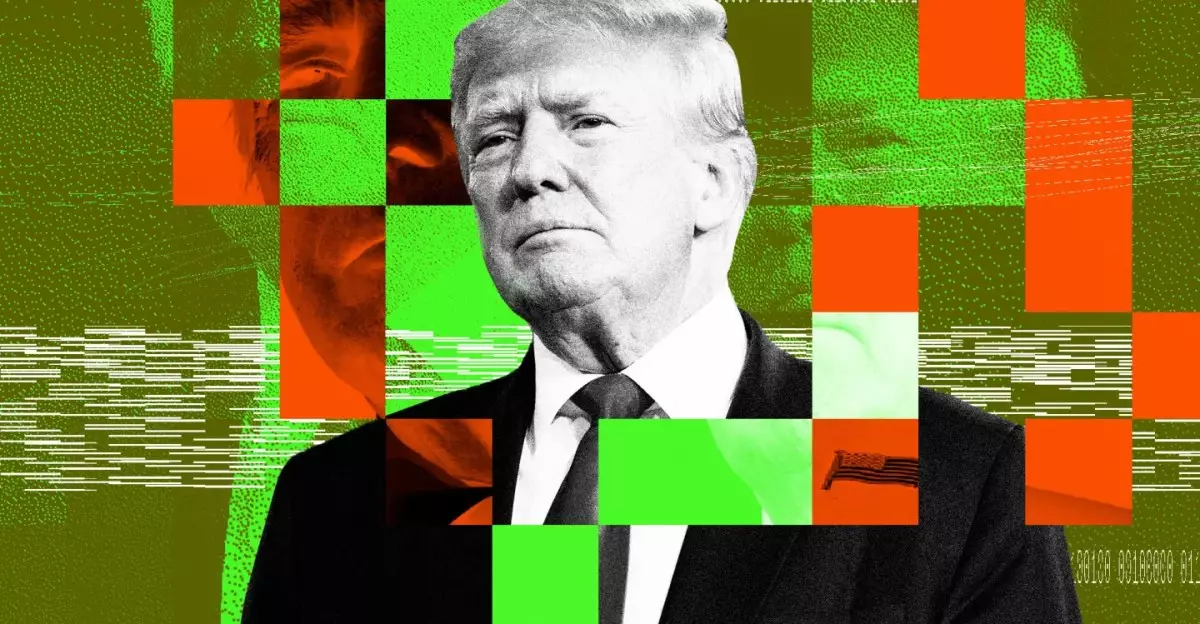In a chilling move that deeply undermines educational aspirations, the U.S. State Department has suspended student visa interviews, leaving countless hopeful applicants stranded in what seems like an interminable limbo. This alarming decision not only hampers the dreams of many international students but also casts a long shadow over the value that the United States places on global academic contributions. Individuals who envision a future of technological innovation and social advancement are now facing an unyielding bureaucratic roadblock that threatens to extinguish their potential.
The Legal Battle Over Rights and Expectations
A group of fifteen Iranian students and researchers has taken a courageous stand against this unjust policy. They have filed a lawsuit against Secretary of State Marco Rubio, arguing that the suspension of student visa interviews is a clear violation of the Administrative Procedures Act, which demands an accountable and transparent rule-making process. The fact that this complaint is sealed raises more questions than answers, hinting that there are darker forces at play in the immigration policy landscape governed by the previous administration. The lawsuit shines a light on the grim reality that the State Department has enforced social media disclosures since May 2019, aiming to vet visa applicants based on often arbitrary criteria. The requirement disproportionately affects individuals from certain nations—particularly those labeled as adversaries by the U.S. government—thus aligning visa policies with a political narrative that is troublingly exclusive.
Disproportionate Impact and Unintended Consequences
The complexities of this situation are staggering. Students admitted to prestigious universities like Yale and the University of South Florida are now more than mere statistics; they represent a fusion of talent and innovation that the U.S. educational system seeks to cultivate. These individuals, mostly in critical fields like engineering and finance, already underwent various rounds of scrutiny during their visa interviews—most had their interviews over a year ago. Yet the State Department’s pause on student visas has left their futures hanging by a thread while labeled as security risks under vague and ominous criteria. This not only violates their rights but also deprives the nation of the potential contributions of an elite group of future leaders and thinkers.
A Broader Attack on Academic Freedom
This bureaucratic paralysis is just one piece of an extensive trend of hostility toward international students and academic institutions during the Trump administration. Rubio’s statements indicate an aggressive posture toward foreign nationals, especially targeting those who exhibit affiliations with governments or groups disapproved of by U.S. authorities. The Department of Homeland Security even went so far as to penalize Harvard by rescinding its access to a crucial enrollment monitoring database, endangering thousands of international students. Moreover, the increasingly politicized environment has led to visa restrictions based on participation in political protests, which fundamentally undermines the essence of academic freedom and civil discourse—a cornerstone of American values that should be upheld, not eroded.
The repercussions of these immigration policies extend far beyond mere paperwork; they alter the very fabric of American education and diminish the country’s role as a beacon of hope and progress for aspiring global citizens. In the fierce interplay of immigration, education, and politics, the message is painfully clear: the future of diversity in academic achievement hangs by a thread, and immediate action must be taken to restore justice and opportunity for all.

